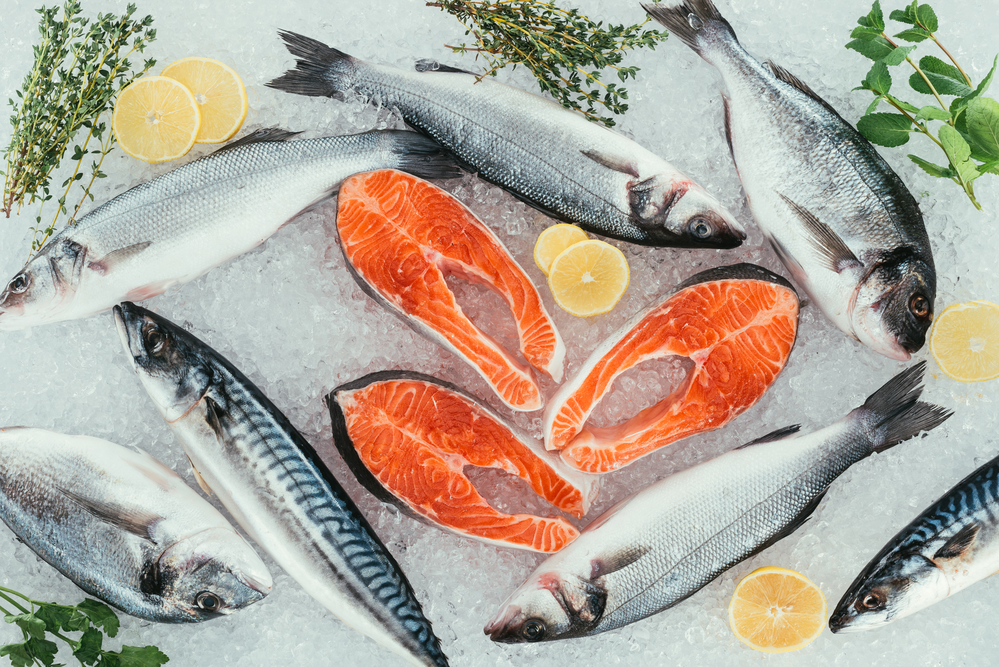If you’re reading this, I am guessing you are pregnant with twins! Congratulations! While this is a super exciting time, you may also be feeling a little overwhelmed and wondering ‘what should I be eating when pregnant with twins?’ Well, read on to find out my top tips!
-
Prepare to increase your daily calorie intake
Your body will be working incredibly hard to grow not one but two bubs for the next few months all whilst also maintaining your daily energy needs… It’s exhausting just thinking about it. To keep up with this energy demand your daily intake of protein and micronutrients will increase. Figuring out exactly how much you will need to consume each day will depend on your pre pregnancy BMI but in general you will want to be including foods nutrient rich foods like, olive oil, nuts and seeds.
-
Try these foods if you’re experiencing morning sickness
Morning sickness is a very common pregnancy condition and unfortunately can be even worse for women carrying twins. This is because you have higher levels of the hormone human chorionic gonadotropin (HCG), especially during your first trimester. As your babies grow there is also the chance that they will begin to put pressure on your organs including the stomach which can cause sickness and discomfort after meals. Take a look at my recommendations for the best foods for morning sickness here.
-
Protein will become your new best friend
Protein is one of the most important things to include in your pregnancy diet. You’ll also need a lot more of it now that you’re pregnant with twins. Your daily requirements will increase by 20%, which is quite a significant increase. Make sure you include protein rich foods such as lean meat, beans and tofu in your daily meals.
-
Ensure you are meeting your iron requirements
Women pregnant with multiples are at a much greater risk of iron deficiency anaemia. This has been linked with preterm delivery. To increase your intake of iron you’ll want to include plenty of heme iron from animal sources such as red meat. You can also find iron in non heme plant sources such as fortified breads and certain vegetables.
-
Maintain your vitamin D levels
It is important to maintain healthy vitamin D levels during pregnancy as it is essential for calcium absorption within the body. A deficiency in vitamin D during pregnancy has also been found to increase the risk of neonatal rickets. Sunlight is one of the best ways to increase your vitamin D levels however foods such as salmon, mushrooms (exposed to UV) and milk are great sources also.
What to do next?
Not sure where to start? Make sure you check out my amazing ‘Multiples Nutritional toolkit’. It’s filled with nutrition tips, a 7 day meal plan and recipe ideas that will help guide you through your pregnancy with twins. You will find it available at https://www.melaniemcgrice.com.au/shop/.









